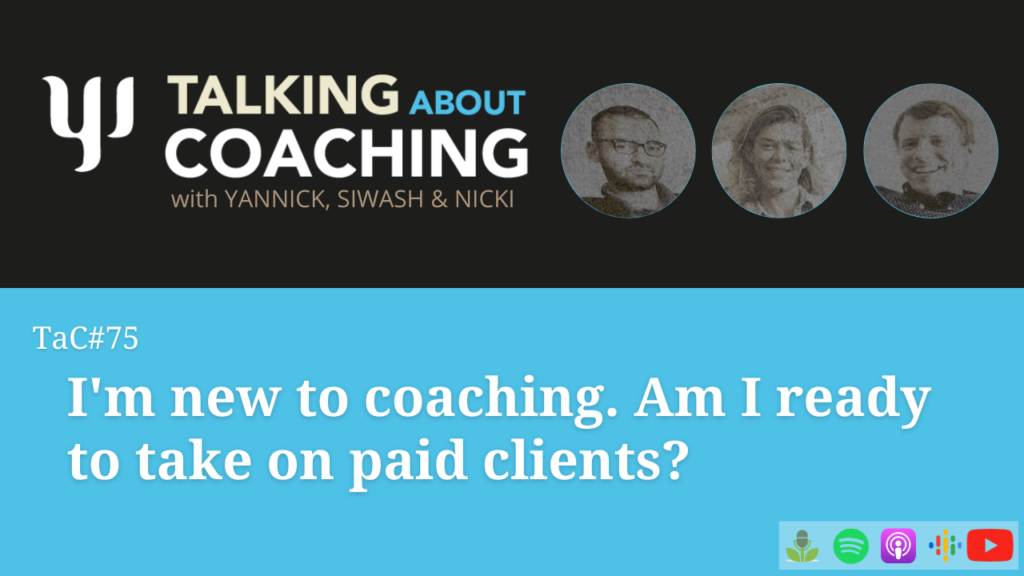A lot of us wear masks, a lot of the time.
We adjust to our environment, and we work hard to “fit in”, so that we may be loved, accepted, get promoted, or avoid conflicts and tension.
And yet, masking takes a lot of energy, and we risk starting to believe that this is who we actually are.
“Who am I?”
Such a core question, answers to which will guide our choices and impact our lives and careers in profound ways.
But how could there be just one answer? Or even a short one? How could the answer to this question ever fit in a sentence?
It makes sense that we show up differently in different situations, when surrounded by different people. So we can acknowledge that we have a range of different “faces”, different sides to our personality. So at which point does this become inauthentic? And at which point does it become problematic that we’re not showing our real thoughts and feelings?
I wish I could give you sharp, clever, and pointed answers to these questions. The truth is that such answers depend on – you will have guessed it by now – who you are, your values, beliefs, worldview, ethical principles, how you’ve been brought up, your cultural heritage, and what you’ve come to believe about life and living.
What I can tell you is that the answers will emerge when you start reflecting on yourself, how you are showing up in your life and your work, when you’re being courageously honest with yourself, and you are willing to look where it uncomfortable to look. A trained professional such as a therapist or a coach will make this exploration more fruitful, but there are many things anyone can do at no cost, to gain some insights into the many facets of you are:
Journalling, meditation, reflection time, or any of the many tools out there such as e.g. the character strengths assessments by the VIA Institute, or 16 personalities (just make sure you don’t let these label you and box you in – any assessment is merely a snapshot in time, and should be used as the start of a conversation with yourself).
If you find yourself exhausted and anxious a lot, you may be masking a lot more than is healthy and sustainable. Talking to someone confidentially offers you a chance to be really seen, and loved for who you are, and helped to figure out what it would take to course-correct and drop some of the heavy burden of pretending to be someone you are not.
It’s not an easy journey, it will require work and courage, and the will to show up vulnerable, to let yourself be seen (and judged by others, inevitably). I believe it’s worth it, but it does remain a choice. Often it’s more comfortable to wear a mask, even at the expense of authenticity. And it can cause a lot of friction when we “suddenly” reveal a side of ourselves that others hadn’t known, and which now requires them to deal with some changes.
I’d love to give you an easy way out of masking. Sometimes it exists. Often it doesn’t. I believe that’s just life. It’s complex, and there are many aspects to be taken into account.
The starting point to make things better though is to acknowledge how you are showing up, and where and why you may be masking something.
Hope that helped
With Love
Yannick
New Content: I’m new to coaching. Am I ready to take on paid clients? TaC #75

Yannick and Siwash discuss whether coaches who have just finished their coaching qualification are ready to take on paid clients. They address the hesitancy coaches often feel about charging for their services and provide insights on when and how to start charging. They emphasize that everyone can charge for their time and that clients want to invest in their own journey. The conversation also explores the importance of transparency, setting up a review process, and overcoming personal money stories.
Takeaways
- Coaches who have just finished their coaching qualification are ready to take on paid clients.
- Everyone can charge for their time, regardless of their level of experience as a coach.
- Starting with free sessions and then reviewing the value provided can help coaches gain confidence and determine their rates.
- Clients want to give something back and feel more committed when they invest monetarily in the coaching relationship.
- Coaches should be transparent about their charging process and be open to non-monetary forms of repayment.
Chapters
00:00 Introduction
00:32 Hesitancy in Charging Clients
01:30 Everyone Can Charge for Their Time
03:25 The Importance of Monetary Investment
05:23 Starting with Free Sessions
06:26 Setting Up a Review Process
07:33 Clients Want to Give Something Back
08:02 Playing a Game to Overcome Money Concerns
09:29 Being Transparent About Charging
10:07 Charging as a Coach in Training
11:03 Receiving Non-Monetary Repayment
12:39 Dealing with Personal Money Stories
15:03 Closing and Call for Conversation
As always, you can listen to this episode or watch it on YouTube.
And if you’re hungry for more podcasts, click here!

